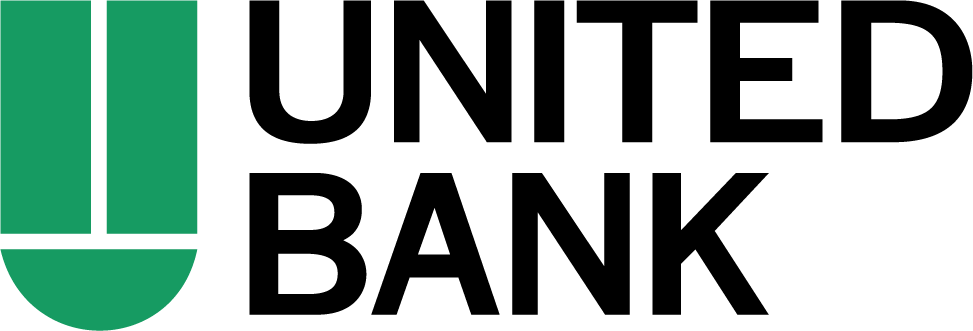Women, on average, live longer than men.1 So planning for retirement, and managing retirement cash flow, are crucial aspects of a comfortable financial future. The crux of it: you want your assets to last as long as you do.
Cash flow is nothing new. You’ve been managing cash flow your whole life — it’s the income coming in and the expenses going out. But at retirement, the “ins” come from different and sometimes multiple places. The amounts of the “outs” you’re used to can change dramatically. And there can definitely be some surprises.
So, while you’ll recognize the foundation of cash flow, it gets more nuanced in retirement.


